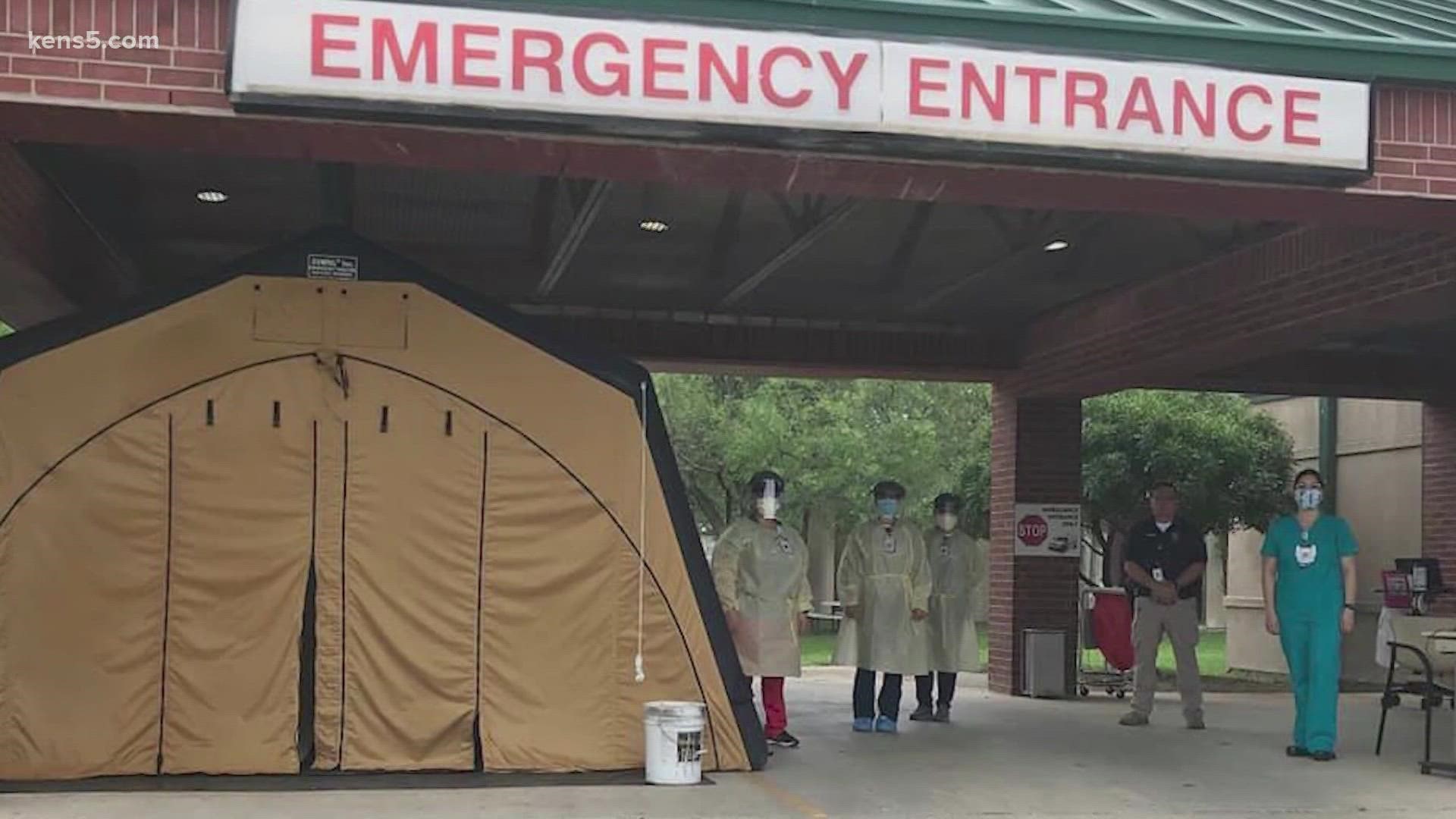TEXAS, USA — Some rural hospital officials are concerned about the federal vaccine mandate’s potential impact on staffing and ability to provide emergency services.
The Biden administration’s vaccine mandate calls for companies with at least 100 employees to either fully vaccinate or institute daily testing.
The deadline for vaccination is set for Jan. 4, 2022, although legal challenges, supported by a coalition of Republican states, have halted the mandate’s effectiveness.
All staff of certain CMS-regulated health care facilities must be vaccinated by Jan. 4. These are entities that receive Medicare and Medicaid funding.
Weekly testing is not an option for such health care companies.
“Where we get uncomfortable as Texans is with the mandate,” said John Henderson, president and CEO of Texas Organization of Rural and Community Hospitals (TORCH).
Hospital systems that fail to comply with the mandate are at risk of losing their license and federal funding.
The operational consequences could also be impacted if staff who refuse to get vaccinated leave.
“The implication of that for rural hospitals in particular is, how are we going to keep delivering babies if we don’t have nurses for the OB unit? How are we going to keep taking care of trauma if we don’t have nurses and respiratory therapists and lab technicians in the emergency room?” Henderson said.
Dimmit Regional Hospital has experienced staff shortages during the course of the pandemic for a host of reasons.
The hospital’s CEO John Graves said 97% of staff are vaccinated with just about seven who’ve yet to receive the jab.
These are workers he noted are likely to request a religious or medical exemption.
The wider impact experienced by rural hospitals struggling with staffing includes longer waiting times in the emergency department.
Graves stressed he's prepared to assist fellow hospitals in the event staffing shortages become problematic for routine operations.
“We’re all strong, we’re a strong community and we’ll certainly help each other out, particularly rural health care facilities. We’re consistently and collaborating with one another to help each other survive. We did this through the three surges of the pandemic,” Graves said.

